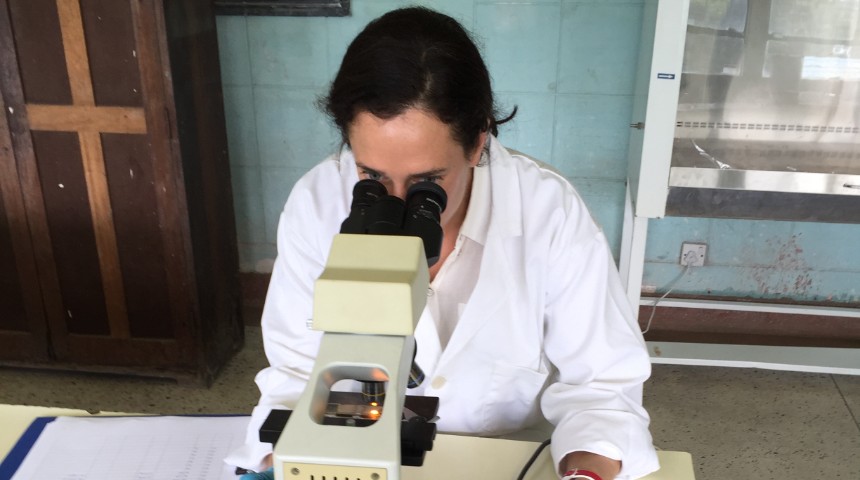



Taking a One Health approach to animal diseases
Australia’s herd of cattle livestock contribute over $12 billion to our economy per year. Sheep contribute over $6 billion.However, endemic and emerging diseases pose a significant threat to the health and production of these animals and many others. As a major part of our economic system, we need to consider how this impacts our wider economy, environment and human health, according to Murdoch University.
Dr Mieghan Bruce is one of many researchers leading the Global Burden of Animal Diseases (GBADs) program, in collaboration with the University of Liverpool and World Organisation of Animal Health, that is seeking to understand this impact.
The GBADs program aims to identify the economic burden of livestock diseases, which will support animal health policymaking aligned with the United Nation’s Sustainable Development Goals.
“This will not only help us understand what health problems are occurring in the animal population, but also predict patterns beyond infectious diseases, including how floods, drought and fire will affect livestock health and production,” said Dr Bruce.
“Farmers and policymakers will be able to compare the health of their herds to what a disease-free herd looks like, allowing a clearer view on the production loss caused by diseased livestock. We can then prioritise which diseases to tackle using the GBADs objective data.”
Dr Bruce is one of the key researchers leading the One Health initiative at Murdoch, which encourages a holistic view of environmental, economic and social impacts of pest and diseases for both animals and humans.
“Maintaining healthy livestock is as important for human health and our environment, as it is for the health of our animals,” said Dr Bruce.
“If we have disease-burdened animals it increases the competition for land, air and water. So from an environmental perspective, if we can improve the health of the system, we can use our resources more efficiently to reduce greenhouse gas emissions from livestock production and decrease our water footprint.”

Dr Bruce’s work on the GBADs program, supported by the Bill and Melinda Gates Foundation and the United Kingdom’s Department for International Development, is helping to inform strategic investments into animal health practices worldwide.
“It will be particularly useful to Australia as a biosecurity measure, as we can predict which diseases to prepare for based on what’s happening in neighbouring countries,” she said. “I’m excited because this program will help us make objective decisions and co-ordinate animal health policy on a regional level rather than ad hoc disease specific projects.”
TheCattleSite News Desk


